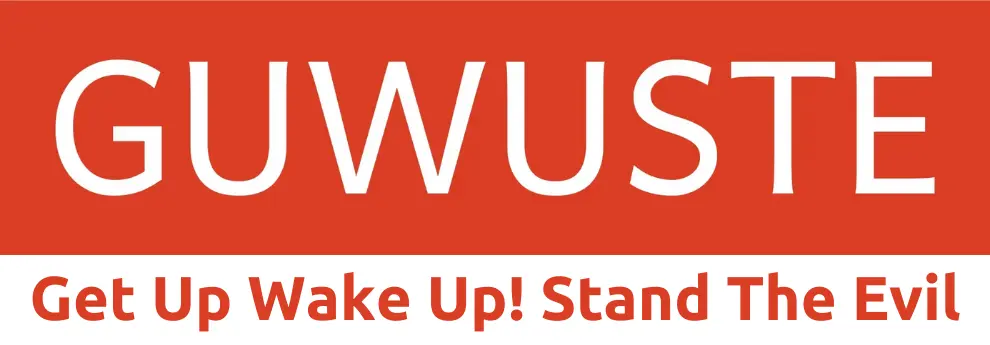Three Dark Traps: Pesticides, Plastics, and Microwaves
07 Aug 2025
- Share:

The Triple Threat Poisoning Humans and Nature: Pesticides, Nanoplastics, and Pulsed Microwaves
The food we consume daily, the water we drink, the air we breathe, and the technological devices we use harbor invisible yet destructive dangers. This triple threat, infiltrating our lives under the guise of modern “progress,” could be a great betrayal to humanity and nature. Agricultural chemical pesticides, nanoplastics, and pulsed microwaves attack from different fronts, threatening our bodies, environment, and freedom.
Pesticides: A Population Control Tool Poisoning Soil and Humans
The use of agricultural chemicals, starting with synthetic nitrogen production, has weakened the soil’s natural defenses. Pesticides target not only pests but also water sources, the microbiome, and human health. They cause serious health problems such as cancer, neurological disorders, hormonal imbalances, and developmental issues in children. In many countries with insufficient regulation, small farmers are left helpless, while these chemicals become a covert tool for population control.
Nanoplastics: Deadly Particles Penetrating Our Bodies
Nanoplastics, formed by the breakdown of plastic waste, infiltrate our bodies through water, soil, air, and food. They not only cause physical harm but also carry toxins like pesticides and heavy metals, amplifying their effects. They lead to health issues such as lung inflammation, vascular blockages, and brain damage. Many countries’ water treatment systems fail to capture these tiny particles, and plastic packaging regulations fall short.
Pulsed Microwaves: Brain Control and Mass Surveillance
Pulsed microwaves emitted from technologies like cell phones, Wi-Fi, and 5G can damage our nervous system and cells, disrupt genetic structures, and open doors to psychological manipulation. Combined with neurotechnologies, they create mass surveillance and control mechanisms under the name of “smart cities.” Scientific research on these risks is insufficient in many countries, and public awareness is low.
Neoliberal Market and the Dark Plans of Global Elites
Profit-driven market conditions weaken scientific oversight while chemical and technology giants control life resources. This triple threat is part of a systematic spread that slowly reduces the population. Lack of transparency and accountability threatens humanity’s future.
Global Perspective: Silent Complicity or Active Resistance?
Many countries, due to their geographic and geopolitical positions, are at the center of these global population reduction and control plans. Pesticide use is increasing, plastic pollution is spreading, and electromagnetic risks are ignored. Oversight mechanisms are inadequate, and the public’s voice is unheard. Politicians and academia often fail to take effective steps against these threats. Civil society struggles with limited resources. This situation is not only a health issue but also an alarm for environmental sustainability, social justice, and democratic rights.
Behind the Scenes of Secret Operations: Population Reduction and Control Plans
This triple threat is part of global elites’ population control and mass surveillance strategies. Digital surveillance, chemical dependency, and plastic consumption policies carried out under the guise of sustainability are designed to control humanity. Scientific research is obstructed, and public opinion is manipulated.
Final Word: The Struggle to Survive in a Toxic World
In the dark world created by pesticides, nanoplastics, and pulsed microwaves, survival is impossible without conscious awareness and determined action. Through social solidarity, scientific truths, and informed choices, we can break this toxic cycle. Staying silent means being part of the game. The choice is ours.
***






